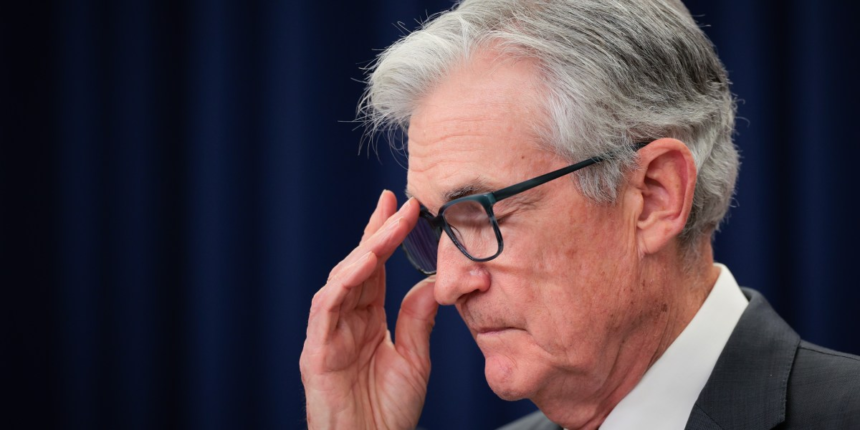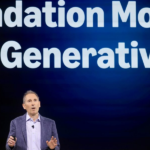Until January, this would have been regarded as madness. This year, it’s the new normal.
Wall Street analysts are signaling that all this drama contains serious risks for the bond market, the dollar, and U.S. assets generally. If Trump gets his way, and U.S. monetary policy ends up being run by people who will do what he wants—as opposed to maintaining full employment and low inflation—then expect investors to recoil.
“In the broader context, investors may worry about whether the Fed still has the appearance of being independent. In a fiat currency system, trust is key and even the appearance of undermining independent policy or data is dangerous—in this case, also threatening the US dollar’s reserve role,” UBS’s Paul Donovan told clients this morning.
That doesn’t sound too serious—but it is a reminder that the bond market will move prices very quickly if it does not like what it sees.
“Renewed political pressure on the Federal Reserve (Fed) is unsettling markets and risks weighing on the US dollar,” Convera’s George Vessey told Fortune. “The potential exit of Cook would amplify dovish voices within the FOMC and deepen internal divisions, increasing uncertainty around the Fed’s policy path.”
The dollar has been signalling all year that investors are more shy of U.S. assets than they used to be. It is down 9.45% year-to-date on the DXY index of foreign currencies. To put that in perspective, in late 2022, at its peak, the dollar and the British pound approached—but didn’t reach— parity. A dollar was worth 92 pence. Today, the dollar buys only 74 pence.
Stock investors didn’t like it either. The S&P 500 declined for a third straight day yesterday, losing 0.24%.
Trump’s campaign against the Fed may backfire on him, Deutsche Bank said. “If concerns over threats to Fed independence increase, Powell could choose to serve out the rest of his board term (which ends in 2028) even after his term as Chair ends next May,” their team said.
So what is Powell going to say tomorrow?
Despite the inflation and the weak job market, Powell is likely to signal that a September rate cut is still on the cards, according to Goldman Sachs. “We do not expect him to decisively signal a September cut, but the speech should make it clear to markets that he is likely to support one,” David Mericle et al told clients.
Here’s a snapshot of the markets prior to the opening bell in New York:









